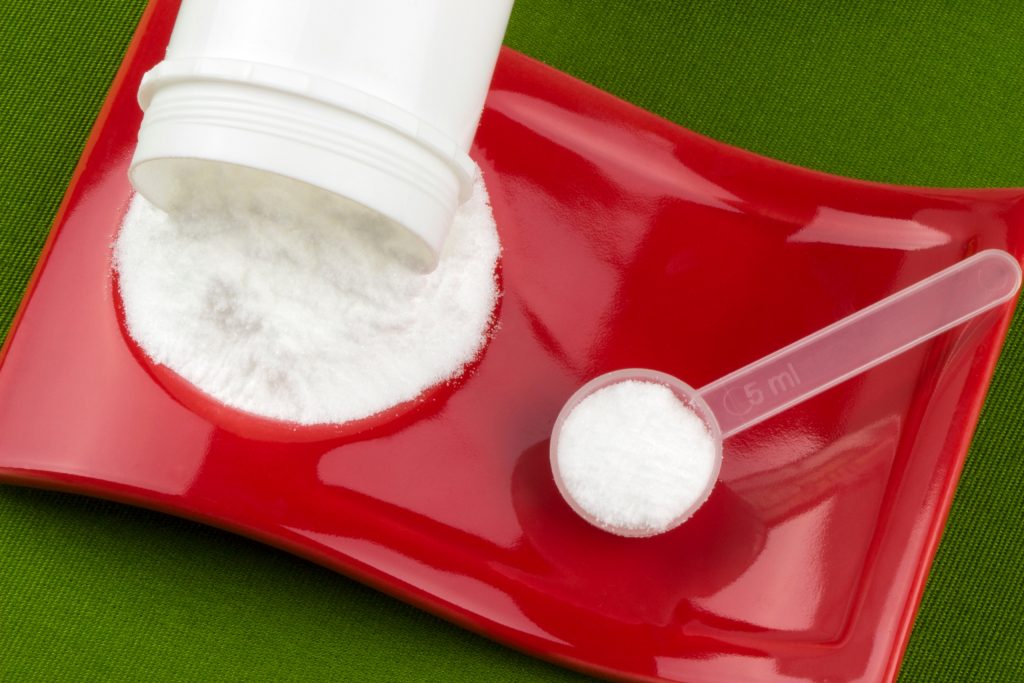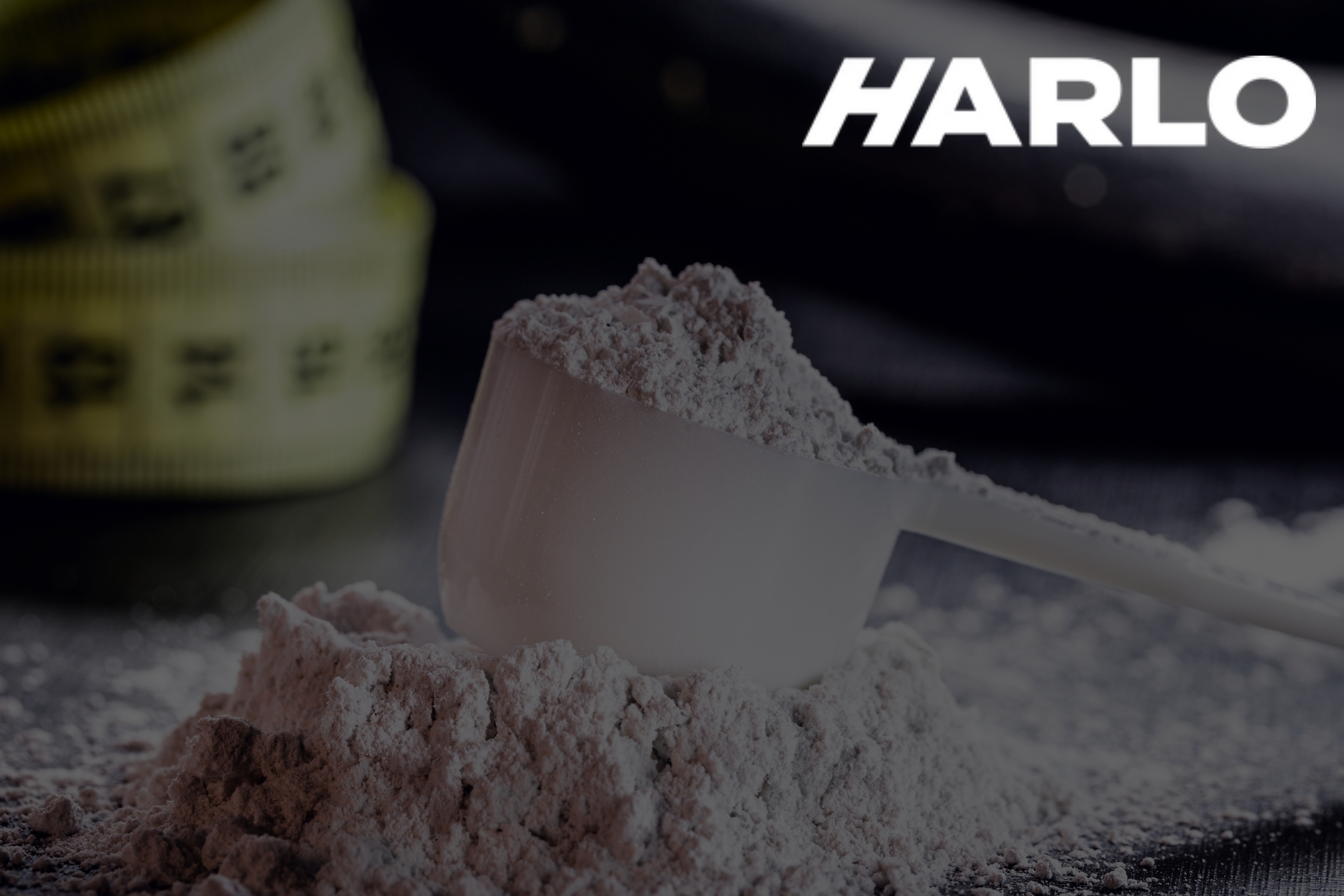When it comes to enhancing athletic performance and building muscle, creatine is a popular supplement among athletes and fitness enthusiasts. However, with so many different types of creatine available on the market, it can be confusing to determine which one is best for your goals.
Creatine monohydrate is the most researched and widely used form of creatine, but other forms such as creatine hydrochloride and creatine nitrate have gained popularity in recent years. Each type of creatine offers unique benefits and drawbacks, so it’s important to understand the differences before making a decision.
If you’re unsure about which type of creatine is best for you, it’s essential to weigh the pros and cons of each.
Creatine Monohydrate
Creatine monohydrate is a natural compound that is often used as a dietary supplement by athletes and bodybuilders to enhance their performance during high-intensity physical activities. It is derived from a combination of three amino acids – arginine, glycine, and methionine – and is stored in the muscles as phosphocreatine.
One of the primary benefits of creatine monohydrate is its ability to increase the production of adenosine triphosphate (ATP), which is the energy currency of our cells. By increasing ATP availability, creatine monohydrate enhances muscle strength and power, allowing individuals to perform more intense workouts and recover faster between sets. This supplement has been found to significantly improve exercise performance, especially in activities that require short bursts of energy, such as weightlifting and sprinting.
Furthermore, creatine monohydrate has been linked to increased muscle mass and improved muscle protein synthesis. It aids in the absorption of water into the muscles, which not only enhances their size but also supports their overall hydration and function. This can be particularly beneficial for athletes looking to gain lean muscle mass and improve their overall body composition.
When used as directed, creatine monohydrate is generally considered safe for most individuals. However, some individuals may experience mild side effects such as stomach cramps, bloating, and diarrhea. It is crucial to follow the recommended dosage and maintain proper hydration to minimize the risk of side effects.
Comparatively, other types of creatine supplements like creatine hydrochloride (HCL) and creatine ethyl ester (CEE) claim to offer increased absorption rates and reduced bloating. However, scientific evidence supporting these claims is limited, and many studies still suggest that creatine monohydrate is the most effective and well-tolerated form of creatine.
Overall, creatine monohydrate is a widely used and studied dietary supplement known for its performance-enhancing benefits and safety profile. Athletes and bodybuilders can incorporate it into their training regimes to potentially boost their strength, power, and muscle development.
Other Types of Creatine
Creatine is a popular supplement used by athletes and bodybuilders to enhance performance and increase muscle strength. While Creatine Monohydrate is the most well-known and widely used form of creatine, there are several other types available on the market. Let’s explore some of these alternative forms of creatine and compare their benefits and effectiveness to Creatine Monohydrate.
- Creatine Ethyl Ester (CEE) is a form of creatine that is believed to have better absorption and utilization by the body. It is claimed to have a higher bioavailability, meaning that more creatine is able to reach the muscle cells, resulting in greater benefits. However, research studies comparing CEE to Creatine Monohydrate have shown mixed results, with some studies suggesting similar benefits and others reporting no significant differences.
- Creatine HCL (Hydrochloride) is another form of creatine that is claimed to have better solubility and absorption than Creatine Monohydrate. It is believed to be more concentrated, requiring smaller doses to achieve the same effects. However, similar to CEE, research comparing Creatine HCL to Creatine Monohydrate is limited and inconclusive, with no clear evidence of superiority.
- Buffered Creatine, also known as Kre-Alkalyn, is a form of creatine that is pH-buffered to prevent its conversion into creatinine, a waste product. Proponents claim that buffered creatine is more stable and may result in fewer side effects such as bloating and gastrointestinal issues. However, scientific evidence supporting the superiority of this form over Creatine Monohydrate is lacking.
- Micronized Creatine is a form of Creatine Monohydrate that has been processed into smaller particles, resulting in improved solubility and absorption. This form is believed to dissolve more easily in water, making it more convenient for consumption. Some studies have suggested that micronized creatine may result in faster and more efficient muscle uptake. However, further research is needed to determine its true superiority over traditional Creatine Monohydrate.
Which is Best?
When choosing a creatine supplement, there are several factors to consider to ensure that you make the best choice. Firstly, it is important to look at the research and studies comparing different types of creatine. There are various forms of creatine available in the market, including creatine monohydrate, creatine ethyl ester, and creatine hydrochloride. Research can help to identify the benefits and drawbacks of each form, such as their absorption rates and effectiveness.
Personal preferences and individual differences also play a significant role. People may have unique responses to different types of creatine due to factors like metabolism and genetics. Some individuals might find that a particular form of creatine suits them better, while others may experience side effects or limited benefits with the same form. Therefore, considering personal preferences and individual differences can help in selecting the most suitable creatine supplement.
When evaluating the effectiveness of different creatine types, it is essential to consider factors such as purity, dosage, and cost. Ensure that the chosen supplement is pure and does not contain any harmful additives. Additionally, check the recommended dosage and consider the cost-effectiveness of the product.

Conclusion
Overall, if you are looking for a reliable and effective form of creatine to enhance your athletic performance or muscle gains, creatine monohydrate is the best choice. Its proven track record, affordability, and widespread availability make it a top pick for athletes and fitness enthusiasts alike. While other forms of creatine may offer potential benefits, creatine monohydrate remains the gold standard in the world of sports supplements.
